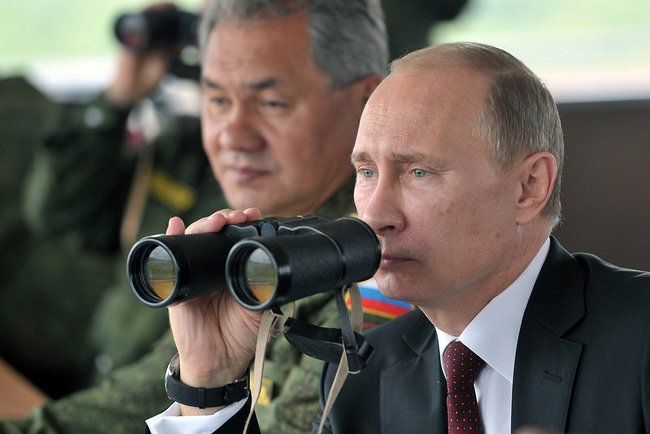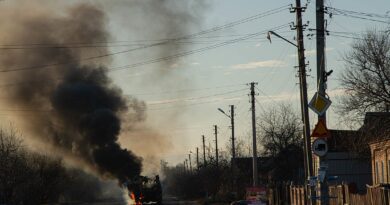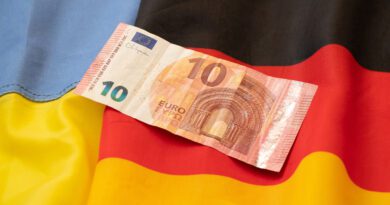Old KGB never dies

In Russia old habits never die, or, as Putin put it himself, “once a Chekist, always a Chekist.”
Marek Jan Chodakiewicz
(…)
The Stalin Constitution of 1936 was the freest constitution in the world. That is why, when the Great Purge commenced soon after the enactment of the basic law, the enemies of the people were unmasked and punished quite legally. Most of them confessed their crimes, after all. Never mind that it was under torture. Never mind that most were not guilty, some were even enthusiastic supporters of the system. What matters was that they almost invariably affixed their signature to the instrument of their death or imprisonment: a confession. And then the NKVD troika – a lawyer, a persecutor, and a judge – decided within two minutes the severity of one’s sentence. Shooting or the Gulag? Socialist legality was an absolute must.
Thus, all was legal, you see. Just like all constitutional and judicial proceedings in a “sovereign democracy” with Putin currently at its helm. Now, however, things have improved significantly under “sovereign” legality. No confession from the kleptocrat Khodorkovsky was required; his lawyer was not expected to denounce the client in unison with the prosecutor; the trial was not held in secret, although the instructions to the judges were issued from above long before the proceedings commenced. Yet, like under Stalin, neither guilt nor innocence prompts a case. There are other oligarchs guilty of similar transgressions like the hapless Khodorkovsky. Post-Soviet law has ignored them so far because they kow tow to the post-Soviet law giver: Putin. Such is the “sovereign” meaning of “sovereign” democracy as far as the law in Russia is concerned.
The same “sovereign” mechanism applies to the upcoming presidential elections. Putin will be the official candidate of the Kremlin’s own political party, United Russia. This virtually guarantees a victory. Of course, unlike in the Soviet times, there will be other candidates for the top post; there will also be other political parties backing them. But only United Russia can win. That is post-Communism at its most optimal, according to the former Marxist-Leninist nomenklatura who remain in power.
Thus, the “transformed” Communists, who often call themselves patriots, socialists, democrats, and even liberals, enjoy a virtual monopoly on power in Russia. Most of the time they tolerate dissent, provided the dissidents are not excessively uppity and effective. And the Russian post-Communists are kinder and gentler than their post-Soviet counterparts in the Central Asian satrapies. One wonders whether the ratio of the post-KGB personnel in power is higher still in those countries than at the Kremlin, where it reaches, by some accounts, an astounding 80 per cent.
The Chekists who run Moscow are arguably less rigid than the former Soviet secret policemen at the helm in Minsk. This matters to the extent that an obedient Russian oligarch can ply his kleptocratic trade, thus sowing the seed of future free markets in the Kremlin’s crony capitalist “sovereign” system. In Belarus there are virtually no oligarchs. There is just a veteran border KGB officer in charge: Oleksandr Lukashenka. He is as close to Central Asian post-comrades as possible in a European setting. Even though the master of the Kremlin outranks him, Putin has presided over a more pluralistic polity. Russia’s society is less oppressive than the one of Belarus and, thus, it has been able to self-generate a more viable opposition. The expectations of the Russians are also greater than of the Belarusians. The former are also permitted to show a broader range of dissatisfaction. Consequently, although he remains genuinely popular among most Russians, Putin apparently enjoys less support than Lukashenka among his subjects.
Yet, like its Belarusian counterpart, the Russian government party remains firmly ensconced at the top. This stems from the Kremlin’s unchallenged monopoly on power; its extensive control of the media; and its firm sway over the economy. Without the ability to project their alternative message to Russia’s mass electorate, the opposition candidates linger in obscurity.
Although a few leaders of the opposition are awash with cash, many ordinary Russians identify them with the chaotic 1990s. To many average citizens, Putin’s iron grip means the restoration of order. Firmness in the Kremlin indicates that Russia is humiliated no more at home or abroad. And that is the popular perception of the achievements of the former, and soon to be again, president.
Money alone does not buy one power in Moscow these days. Power reacquired through active measures (aктивные мероприятия) of the Chekists results in more power. The post-Communists routinely use all surreptitious methods short of violence to maintain themselves at the top. They regularly run influence operations at home and abroad. Theirs is a counterintelligence project par excellence. In Russia old habits never die, or, as Putin put it himself, “once a Chekist, always a Chekist.”
(…)
We thank prof. Marek Jan Chodakiewicz for sharing this article.



